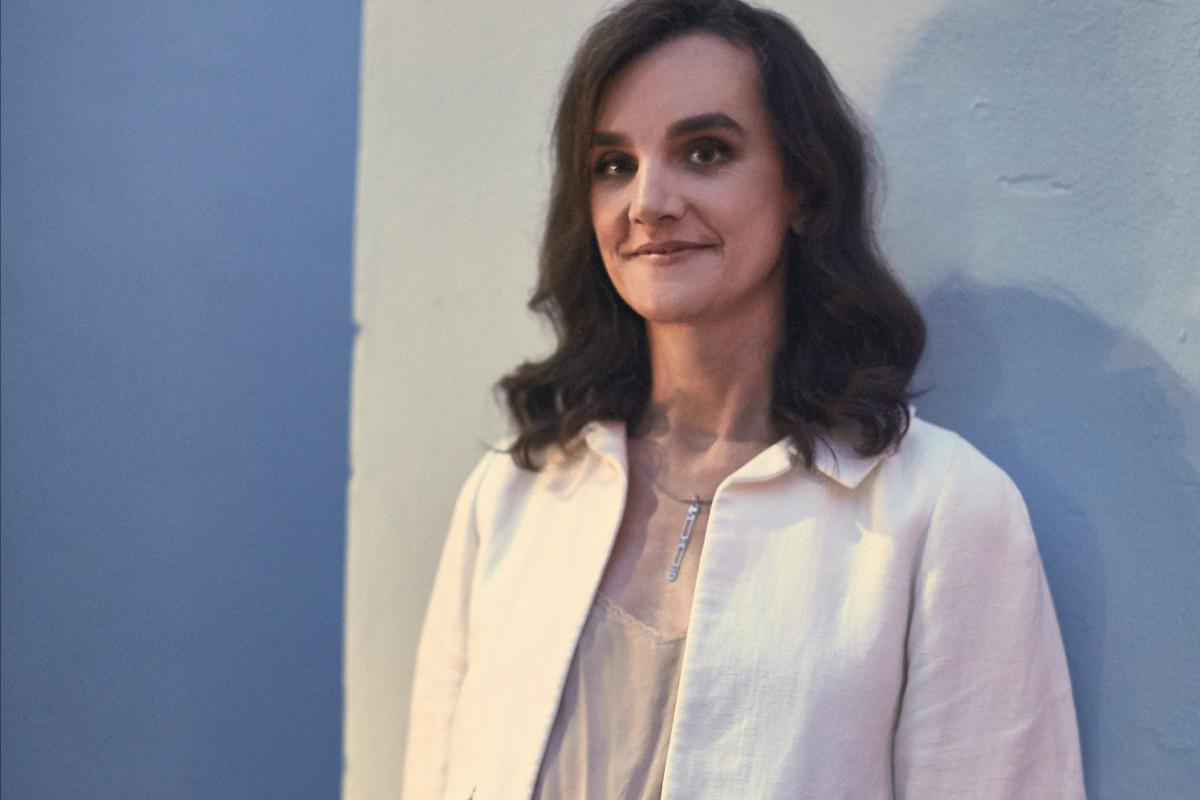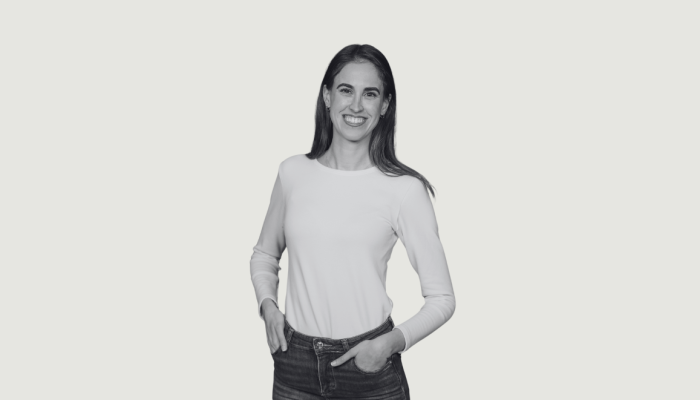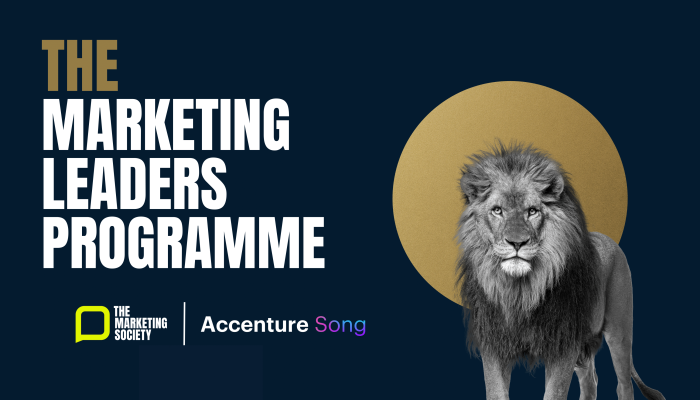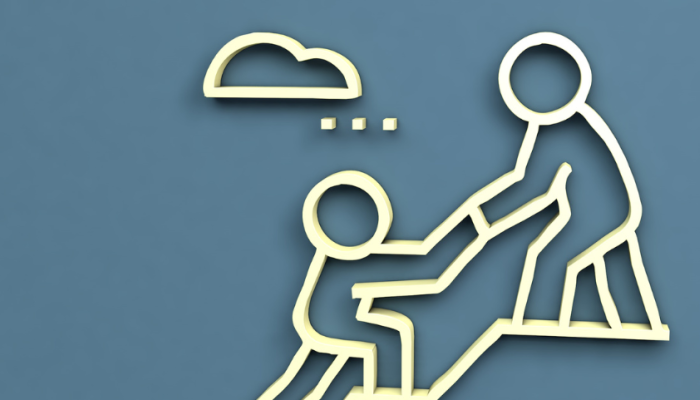I’m sure you’ve probably noticed but we appear to be kind of fucked. The planet is burning, we have a range of totalitarian clowns in charge and the only smart ones are, technically, the bad guys. We cannot organise our own societies to feed every human enough food, and yet we still have Eurovision. It’s like laying down beach towels for armageddon.
I don’t want to be intentionally bleak, but when was the last time you saw something that made you feel positive? (A ‘something’ that didn’t involve pathological altruism or inspo-porn). There is little joy in the world beyond our own personal ecosystems, and so we retreat further into our own worlds to escape the weariness. We are not brave when there are few prospects for hope. Without hope can you be brave? What would Ned Stark say?
“Bran thought about it. 'Can a man still be brave if he's afraid?'
'That is the only time a man can be brave,' his father told him.”
― George R.R. Martin
It’s time for me to ‘fess up. I’m really brave. Apparently. That’s kinda why I’m writing this. There are a lot of wise words about bravery and fear. I’m not about to add to them. Instead I’m going to stand them up, push them over and then feel smug. That’s not brave either, because I’m not brave, I’m afraid. At the end I might suggest what being brave looks like to me. Spoiler – almost none of this is going to be about design, creativity, technology or culture.
A speech writer’s dream, to perfectly boil down the essence of that human juxtaposition: fear and bravery. What is bravery? What is fear? When does one become the other? What do the poets make of it – the speech writers of our limbic reality – our rock stars?
“Expose yourself to your deepest fear; after that, fear has no power, and the fear of freedom shrinks and vanishes. You are free.” says Jim Morrison. Nowadays I can’t help but imagine Jim Morrison during #metoo. That’s a digression I know, but think about it. If only for a minute. That would have been messy. He was very free. Unsurprisingly other rock stars have ‘said’ very similar things, albeit more mundanely.
“Find what you are afraid of, face it, and then you won't be afraid of it any more.” said Marilyn Manson and, actually, now I come to think about it, I’m pretty sure my mum used to tell me that, and my coach, and the guy who ran the scouts, and the headmaster, and every US film ever made, and, like a gazillion books. And, basically, you mean exposure therapy right?
Clearly we are talking about more than that. Otherwise this whole essay would be like this:
“Fear and anxiety are like kidnappers that hold you captive, holding you back from the full, free life you could be living. The stranglehold on your life will typically get worse over time, if left unchecked.” – Susan Biali Haas M.D.
So let’s just start by acknowledging this. When we say bravery we mean genuine social risk. Not overcoming an abstract fear that would not actually hurt you without some quite bad luck. Bravery and Fear are not concrete things. You cannot ‘fight’ fear, you cannot ‘escape’ it. You can own fear. Which is, I guess Jim’s point, but without fear you’re not ‘free’. Exposure therapy is invaluable and brilliant – but it is not about fear and bravery, it is about neuroplasticity and illogic. It’s about acknowledging that we live in a world where we construct our own invisible boundaries and walls to keep us ‘safe’. And that those walls can be rebuilt with, say, technology. Face your Fears is a VR game that aims to “immerse you in its world and make you come face-to-face with your fears.” It’s also just a game. That’s how confused we have become. Surely there’s more to fear and bravery than re-wiring your brain to not be scared. Also, if it’s that straightforward why not just do it? Put aside a couple of weekends to face your fears. Get the oculus kit out the attic. Bingo, no more fears, 100% brave.
“I learned that courage was not the absence of fear, but the triumph over it. The brave man is not he who does not feel afraid, but he who conquers that fear.” – Nelson Mandela
See, Madiba has this down far better. But it’s still the same old rhetoric. His bravery was not overcoming an abstract notion of fear, it was being incarcerated and tortured for his beliefs. Some might say it was being part of a violent struggle. Others would disagree.
It is hard to invoke existential drama of this dichotomy, the balancing act of dread and fortitude, the truth of the human spirit that does not slide easily into car commercials. We sort of know already that if they were brave they would stop making cars that burn fossil fuel. Too many words about bravery are really an attempt to appropriate what is implied, rather than actually to act, to risk, to be brave. They are acts of goodness without risk, that also fall short of securing safer futures for their recipients, a very common trait known as pathological altruism, or they simply wave the banner of solidarity, for a week, or a month, or just the length of a campaign, or the depth of a press release.
Too often we look at creative that is ‘brave’ the way the arts community regards something ‘avant garde’ or ‘experimental’ – in the language itself is the conviction that everyone involved is going down in flames. Likewise normally there needs to be something significant at stake. Something more than market share. More than reputation. Although those are often the only things in peril. For example it is hard to make fmcg products feel brave without associating or appropriating ‘bravery’. It is noble to make a stand for the marginalised or the dispossessed but is it brave? Perhaps the way Gillette now feel about their trans dad advert, or Nike, or the Brave Brands shortlist. It seems surprising how often bravery is allowed to be short-lived and superficial.
For me, the bravest people I know are normal people, with nothing to gain except dignity. We normally call them activists. Or, sometimes, survivors. They make for very inspiring adverts. As a queer, trans woman I have to get called brave a lot especially in relation to LGBTQ+ rights, by people who don’t quite understand that the concept of bravery strikes a cold, dull note when you feel you have no choice but to be ‘brave’.
I am writing a book at the moment about Queer speeches. It is about the history of speaking unspeakable things, from queer people and their allies to their persecutors. I hope it will let us remember that it is braver to look an audience in the eye and tell your truth than shout on Twitter or upload from your bedroom. These people are brave
Meanwhile we go about our daily business and we do that thing we do, and we are aware that naivety, ignorance and cynicism nourish a breeding ground for exploitation. The brave thing to do would be to do something about that terrible world we live in, right? But also the stupid thing. I am genuinely afraid. I am also weary. Yet I have barely started my fight. I’m only just armouring up.
I will be fighting for trans rights until I am no longer here. Because I have no choice – what am I to do, stop asking to be treated as equal to any other human?
I will be lobbying for acceptance of the neurodiverse, not awareness, acceptance. I will be flailing my arms, clicking my fingers and having meltdowns in public because I have mental health conditions. So am I brave for that? I’m not brave for being that? I’m not really brave for telling you – because you will judge me, regardless. You can’t help it. Even if you judge me brave, it will be with sadness for me – you will say those words. I’m not facing my fear. I don’t have any fear. I’m just being alive, and it’s hard and tiring. And it would be easier if people didn’t make less of me because I say these things. Or because others are these things. They don’t affect my ability to make kooky creative digital cultural experiments for Google that make no sense and no money. I’d rather be celebrated for that bravery, the bravery to make work that is about the world and about the technology we are using. But I get paid, so, you know, I don’t need a medal.
At this point you probably want to know what I think bravery is? For me? Personally it’s holding a position, whether through action or word, that places you or people you care about, at risk of humiliation, pain, death, poverty, or other social torments like disgrace or excommunication.
If, like me, you happen to hold a similar position because you are physiologically different to the majority, or the social values of the time – then it is about how you hold yourself publicly. How you fight for the reduction of those risks to others.
It is, to me the same for those whose background, or birthplace, whose mother tongue or skin pigmentation gives them the opportunity to be brave. But really, there are SO many of them, that they shouldn’t need to be brave, we just need to feel ashamed enough to do something. Which, clearly, we’re not going to do.
So what can we do? Well, actually, it’s not fighting, it’s making the fighting less necessary, making the brave less brave, rallying to a cause openly and vocally and visibly and without expectation of reward. Every ally makes us a little less ‘brave’, makes my community feel a little less isolated. We don’t want to feel brave, we don’t want to ‘inspire’ people, we want to feel normal. When we talk about ‘inspo-porn’ we are looking at you.
Making adverts about people, or selling tv shows, flogging products off the ‘bravery’ of the disabled when really disabled people aren’t brave – they’re just alive. Like you. So no thanks to the ‘bravery’ pedestal. We are happy we inspire you. But that’s not a label I want, that’s an experience you have. I would like the ‘creative’ pedestal, or the kooky one at least. And if I don’t deserve it, I don’t want it. Just like my communities don’t deserve the hate they get, and, strangely they don’t want it either.
A shorter version of this essay appeared in Creative Review.



